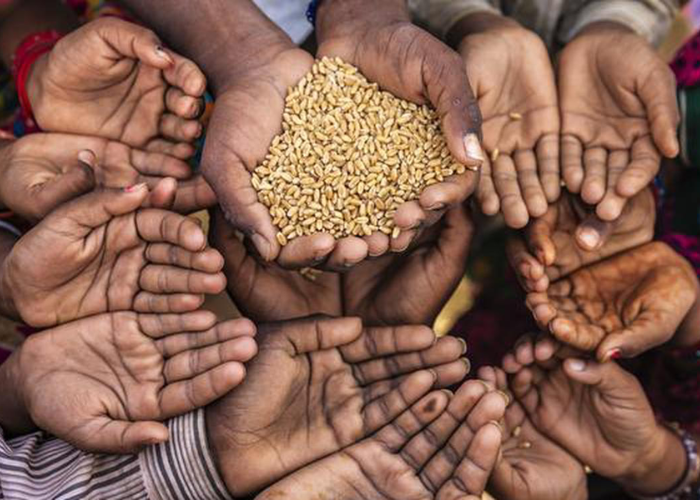Ensuring Food Safety in IndiaBY GEORGE CHERIYAN
- 2 May 2023
- Posted by: Competere
- Categories: highlights, News, SUSTAINABLE NUTRITION

Access to sufficient safe and nutritious food is key to sustaining life and promoting good health. Food safety is a shared responsibility of Governments, producers, and consumers.
A NEW ERA IN FOOD SAFETY
A SERIOUS ISSUE
WHAT HAS BEEN DONE?
Campaigns and policies certainly play a significant role in aligning people’s food choices with their desires to live healthy lives. In India, many important initiatives have been taken up by the Food safety and Standards Authority of India (FSSAI). Eat Right India, a pan-India movement launched by FSSAI in July 2018, is an initiative to generate consumer awareness on healthier diets. FSSAI through multiple regulations introduced a ban on the sales, advertisement, and promotion of all foods high in saturated fat or trans-fat or added sugar or sodium in school premises.
India meeting the target to reduce transfat to 2 percent by weight or in other terms eliminating the transfat by 2022, one year ahead of WHO deadline, is a big achievement. Along with the food regulator, consumer organisations and health experts played a key role in this achievement.
WHAT IS NEEDED?
Though a formal notification is still awaited, Indian Food Authority accepting the fact that India needs a FoPL soon, is a big achievement, though the format of FoPL is yet to be finalised. The long debate also had enhanced the awareness among the common consumers about FoPL and succeeded in sensitizing various stakeholders, including the Government agencies.
Investing in nutrition is a fast and smart strategy to drive development, address poverty and protect human rights.
* The writer is an Indian Expert on Food Safety and a member of scientific board of Competere
Image credits: courtesy of The Hindu >>>
.
.
